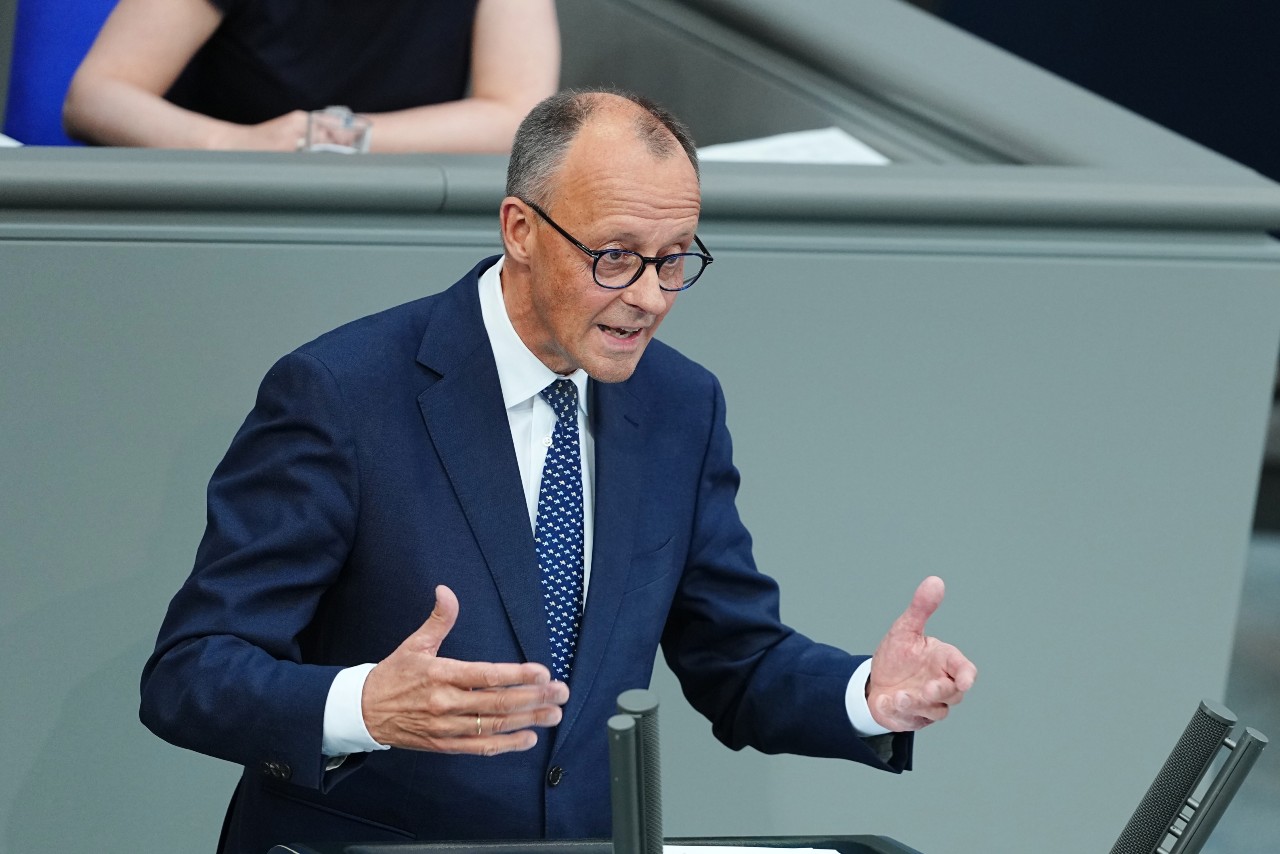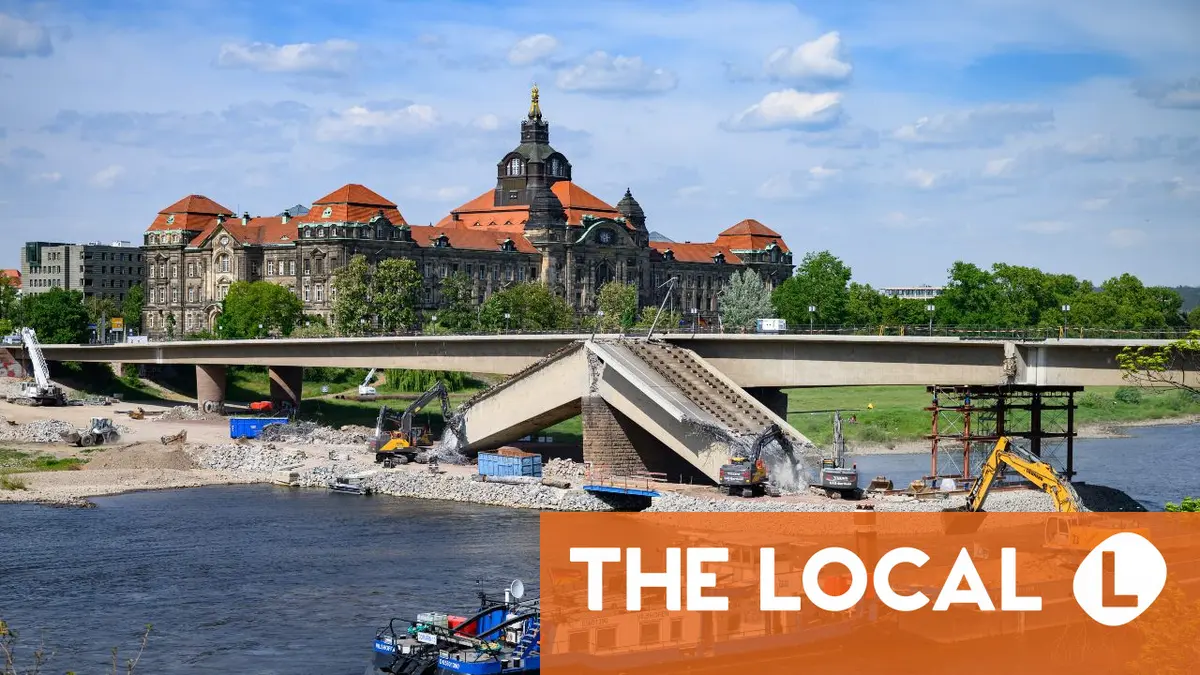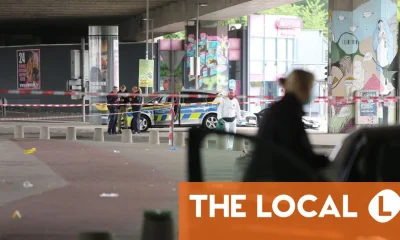Hamburg anti-advertising activists fail in bid for referendum
The local initiative Hamburg Werbefrei has failed in its bid to launch a referendum aimed at curbing public advertising in the city. The group said it had gathered 50,796 signatures within a three-week window, falling short of the roughly 66,000 required to trigger a formal vote.
The campaign sought to amend the Hamburg Building Code to restrict commercial advertising in public spaces. Its lawyer, Fadi El-Ghazi, has announced plans to take legal action, arguing that the Hamburg Senate did not adequately inform citizens about the referendum. A petition to the Hamburg Constitutional Court is being prepared.
Back in 2022, Hamburg Werbefrei successfully cleared the first hurdle of the legislative process by collecting over 10,000 signatures. A Senate attempt to block the effort via the constitutional court was unsuccessful at the time.
Marco Hosemann, urban development spokesperson for the Left Party, blamed corporate influence for the failed referendum bid: “Against the combined lobbying and media power of the advertising industry, a small, volunteer-run initiative didn’t stand a chance.”
Advertisement
Attacks on refugee shelters on the rise
Germany has seen a sharp increase in politically motivated crimes targeting refugee shelters, with attacks reaching climbing to the highest level since 2017 last year.
According to government figures reported by the Neue Osnabrücker Zeitung, 255 attacks on asylum shelters were recorded in 2024, up from 176 the previous year. In 2017, the number stood at 284.
Beyond attacks on shelters, overall politically motivated crimes against refugees remained high. Including updated figures from the government, 2,271 incidents were documented in 2024, among them 287 violent offenses that left 235 people injured.
Doors are boarded up at a refugee shelter in Stahnsdorf, Brandenburg, following a savage right-wing attack. Photo: picture alliance/dpa | Sebastian Christoph Gollnow
So far, the trend appears to have continued in the first quarter of 2025, with 249 crimes against refugees and 30 attacks specifically targeting refugee shelters. Police were only able to identify suspects in six cases.
Clara Bünger, interior affairs spokesperson for the Left Party, attributed the rise in attacks to a broader shift to the right in German society, citing a “worrying rightwards drift” in recent years.
“It’s hardly surprising that under such conditions, people feel encouraged to threaten, assault, or attack refugees and their homes,” she said.
Dresden forges ahead with demolition of collapsed Carol Bridge
With industrial excavators and enormous steel supports, workers in Dresden have commenced the arduous task of removing the remains of the collapsed Carolabrücke (Carol Bridge) this week.
A pause had been expected on Thursday to allow Weiße Flotte Sachsen tour boats to cross under the bridge. According to the council, however, this trip has been cancelled.
Starting next week, several parts of the bridge – including footbridges and floor slabs – will be carefully removed. The debris will be crushed and the material will be reused later.
Advertisement
On the other bridge sections, railings and overhead line masts for the trams are being dismantled and secured, with temporary structures being built to support the bridge structures over land.
On September 11th, 2024, a section of the Carolabrücke collapsed unexpectedly over a length of around 100 metres. Since then, GDR-era structure has been closed – and is in acute danger of collapse due to further fractures in the prestressed steel structure.
The council wants to decide on a replacement for the bridge before summer.
Merz urges quick steps to avert famine in Gaza
Chancellor Friedrich Merz on Wednesday urged all sides to avert a “famine” in Gaza, which has been under an aid blockade by Israel since early March.
While reiterating that Germany stands by Israel’s side, Merz also said that “we expect efforts for more humanitarian provision for the population in Gaza whose suffering we see, especially among children, women and the elderly”.
“It is a humanitarian obligation on all parties… and I stress, on all parties, that famine in the region be averted as soon as possible,” Merz told parliament.
His call for aid to be allowed into Gaza was echoed on Wednesday by Josef Schuster, president of the Central Council of Jews in Germany.

Chancellor Friedrich Merz (CDU) gives his first government statement in the Bundestag on May 14th, 2025. Photo: picture alliance/dpa | Kay Nietfeld
“The risk of creating civilian casualties must be kept as low as possible,” Schuster told the Tagesspiegel newspaper.
“The Israeli government must accept that they have a responsibility for the civilian population in Gaza — that includes approving the delivery of humanitarian aid,” he said.
Germany, which has long sought to atone for the Holocaust, has been a staunch supporter of Israel, with which it marked 60 years of diplomatic relations this week.
Rhine River sees water levels fall to record lows
The water levels of the Rhine have been lower in the previous month than in previous years DPA reported this week.
“The whole spring is very dry,” said the spokesman for the Rhine Waterways and Shipping Authority (WSA), Florian Krekel. The WSA Rhine is responsible for the section of the river between Mainz and the border with the Netherlands.
Since 1981, for example, there have been no lower water levels in Kaub in Rhineland-Palatinate, Krekel said.
The head of the shipping department at the WSA Upper Rhine, Benjamin Sinaba, also reported a dry month for the section between Basel and Mainz.
Advertisement
“April was very dry and the water levels were very low for the period of the year,” he said. “Typically, you’d expect more water in spring.”
So far shipping on the Rhine has continued, albeit at a reduced capacity in some cases. If this year’s drought continues into the summer months there could be more serious restrictions on shipping. The Rhine River is among Germany’s major shipping routes, and is especially important for moving commodities like grains, minerals, ores, coal and oil products.
According to reporting by Reuters, German companies faced supply bottlenecks in mid-2022 after a drought and heat wave led to unusually low Rhine water levels.































